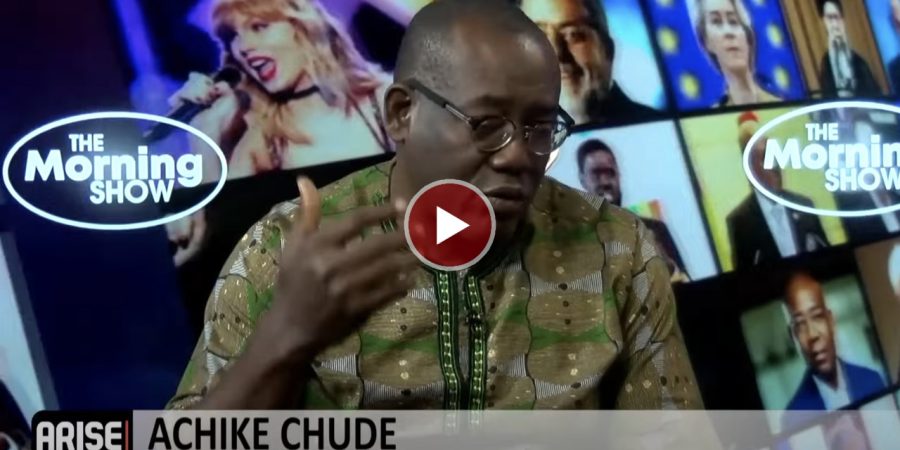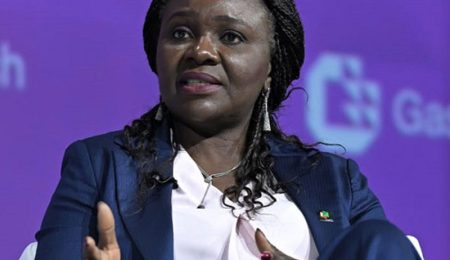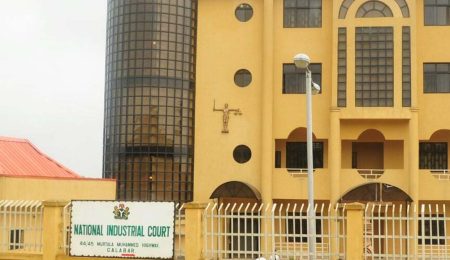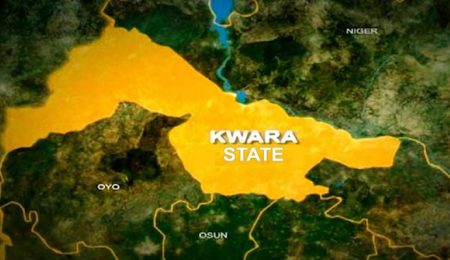Author and public affairs analyst, Achike Chude, has cautioned that Nigeria’s democratic process is being undermined by ethnic and religious sentiments, stressing that such divisions rob the country of its most capable leaders.
Speaking during an interview on ARISE NEWS on Saturday, Chude spoke on the resurgence of ethnic politics ahead of the 2027 general election.
He said,“My problem with ethnic politics, religious-based politics, or geopolitics in the country, for instance, is the fact that it robs us of the ability to discern the very best among contending rivals in an electoral process.”
He noted that while citizens have the right to political preferences, crossing into hate-driven rhetoric is dangerous.
“People have a right to be biased. It’s a right. It’s democracy. People have a right to not love the president, to a governor. But you see, when you now go on the social space and you begin to denigrate a people for who they are, for the language they speak, for the religion that they espouse, then you’re acting beyond the pale,” he warned.
Chude drew parallels with the Rwandan genocide, cautioning that unchecked bigotry could spiral into violence.
“We must not, and we must go back to Rwanda… 10,000 were being killed on a daily basis. These are the things that we have a responsibility as a people to educate, and that’s what the media should be doing.”
Chude also highlighted the role of politicians in fueling divisive sentiments, particularly through online platforms.
“What you have on social media are armies of these people who are pushing certain agenda… The people behind it, usually very powerful and influential people, always get away with these crimes,” he said.
Beyond ethnic politics, the analyst stressed that Nigeria’s structural weaknesses are compounding the crisis.
“The Nigerian state is very weak. It is a weakness of the state that allows terrorist activities, banditry, unknown gunmen, and all manners of anti-social deviant behavior… Because not just that the state is weak, but the institutions of the Nigerian state are exceedingly very weak, and they are not able to rise up to meet the occasion.”
He pointed to poverty and mass unemployment as drivers of unrest and online vitriol.
“The crisis in this country, the violence that we are seeing all over the country… there must be a base that is responsible for that, and that is the general poverty in the land. You don’t recruit somebody that has a job, that has something meaningful to do. You go to the person that has no stake within the polity.”
Chude said the political class bears heavy responsibility. “Leadership must lead by example. A leader must show intolerance for any form of bigotry that takes place in this country. He must be able to make statements to that effect.”
On governance, he criticised the hardship being imposed on citizens through taxes and tariffs.
“Sometimes when it rains, it pours. For Nigerians, it’s a lot of rain pouring. They have faced all sorts, they’ve been buffeted from all sides by increase in electricity tariff, increase in phone calls, text messages, all of this… Too many Nigerians are not surviving.”
He concluded with a rebuke of Nigeria’s ruling elite: “It’s not just the president’s style of governance. It’s the attitude of the political class in this country – their ostentatious, and sometimes reprehensible and abominable life – in the midst of so much poverty.”
Faridah Abdulkadiri
Follow us on:



